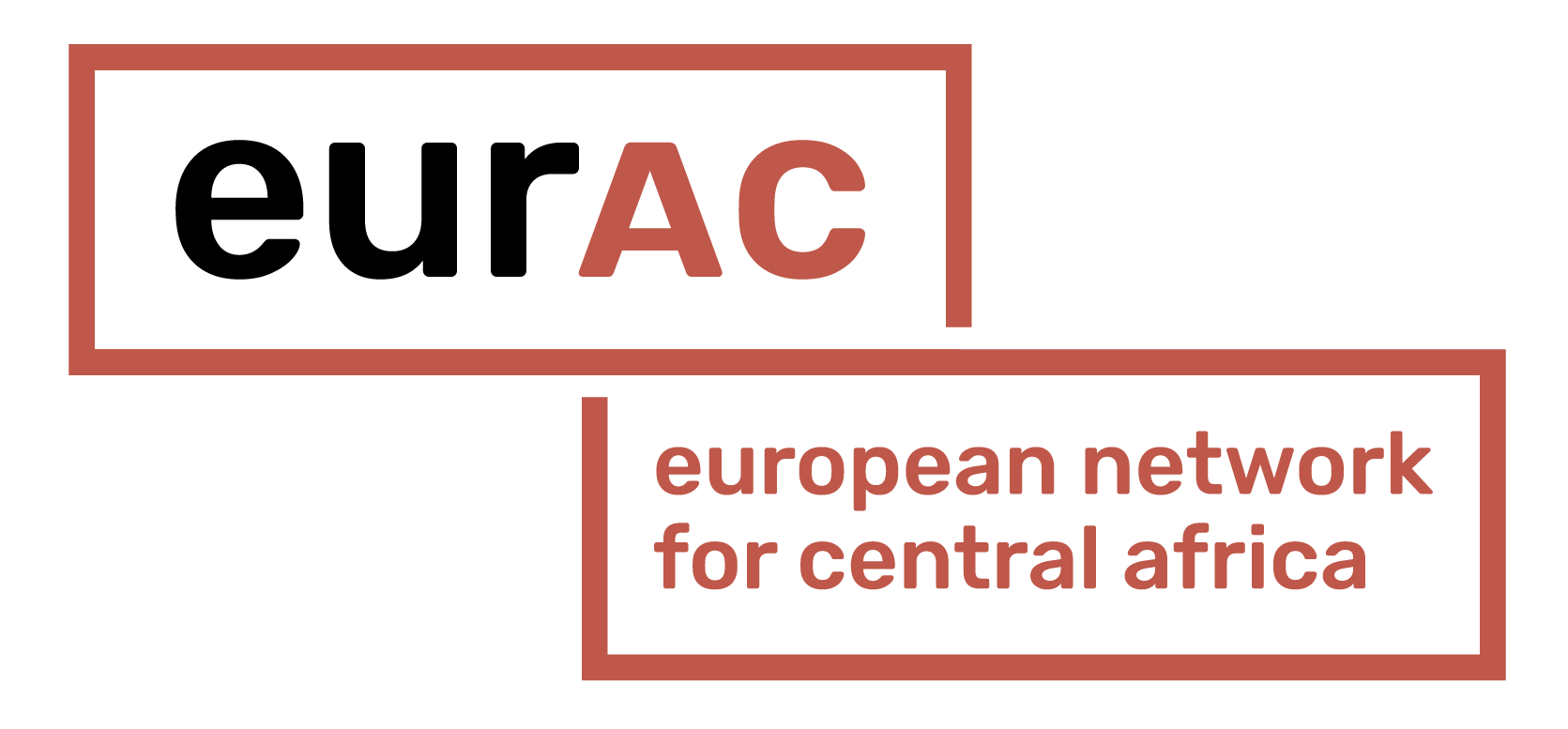Land & Agriculture in Rwanda: EU support must focus on the needs of the most vulnerable rural actors (en anglais)
Press Release
05 April 2018
As Rwanda just launched its new strategy for agricultural transformation called the Strategic Plan for the Transformation of Agriculture (PSTA 4) in 2018, the European Network for Central Africa (EurAc), in its latest policy brief released today, wants to critically overview the main results and achievements of the Rwandan agricultural sector and call on the European Union (EU) to focus its support on strengthening the economic position of the poorest farmers and the most vulnerable rural actors.
Considering the sheer percentage of Rwandans engaged in agriculture as their main source of livelihood and taking into account the fact that the country is often hailed as one of the countries with the most successful results in terms of agricultural productivity and poverty reduction, this new strategy PSTA 4 is of pivotal importance for the lives of most Rwandans. However, while important progress has been made, crucial challenges still needs to be addressed in terms of food security, especially for the poorest rural households and for women and children. Then, the Rwandan government’s focus on export-oriented crops and the drive to increase overall productivity risks neglecting the food security needs of the population, and to push the poorest rural households out altogether of the agricultural sector in the absence of credible off-farm employment opportunities. Moreover, the push to implement monoculture, the increased use of chemical fertilizers and the mounting scarcity of organic fertilizers risk endangering Rwandans’ most important productive asset, namely their land. Finally, the poorest rural producers have had little or no say in the design of the Rwandan strategy for agricultural modernization: the knowledge that farmers have of their agro-ecological environment has been largely ignored by decision-makers, often resulting in the poor implementation of agricultural programmes at the local level.
The EU is by far Rwandan largest development partner and in 2016 it has contributed to the Rwandan agricultural budget with the single largest transfer of aid funds for agriculture ever received by Rwanda. As the EU renews its support to the reform of the Rwandan agricultural sector, the EU should be coherent with its guiding objectives and policies in terms of poverty reduction and environmental sustainability and it should orient its contribution to the Rwandan land and agriculture sector accordingly.
“While important results have been achieved, the EU cannot turn a blind eye to the challenges of the Rwandan agricultural sector” says Giuseppe Cioffo, Programme and Policy Officer at EurAc. The European Commission's Directorate-General for International Cooperation and Development (DG DEVCO) and the delegation of the EU to Rwanda must use their policy dialogue with the Rwandan government to offer credible answers to the needs of Rwanda’s most vulnerable farmers through agricultural policies that cater to local markets, and that can boost agricultural productivity while also promoting environmental stewardship”.
Click here to download the policy brief "Land & Agriculture in Rwanda: EU support must focus on the needs of the most vulnerable rural actors".
For media inquiry and/or more information please contact:
Julie Capoulade - Communications & Advocacy Officer - EurAc
Office : +32 2 725 47 70 // Mobile : +32 499 81 01 77
julie.capoulade@eurac-network.org

